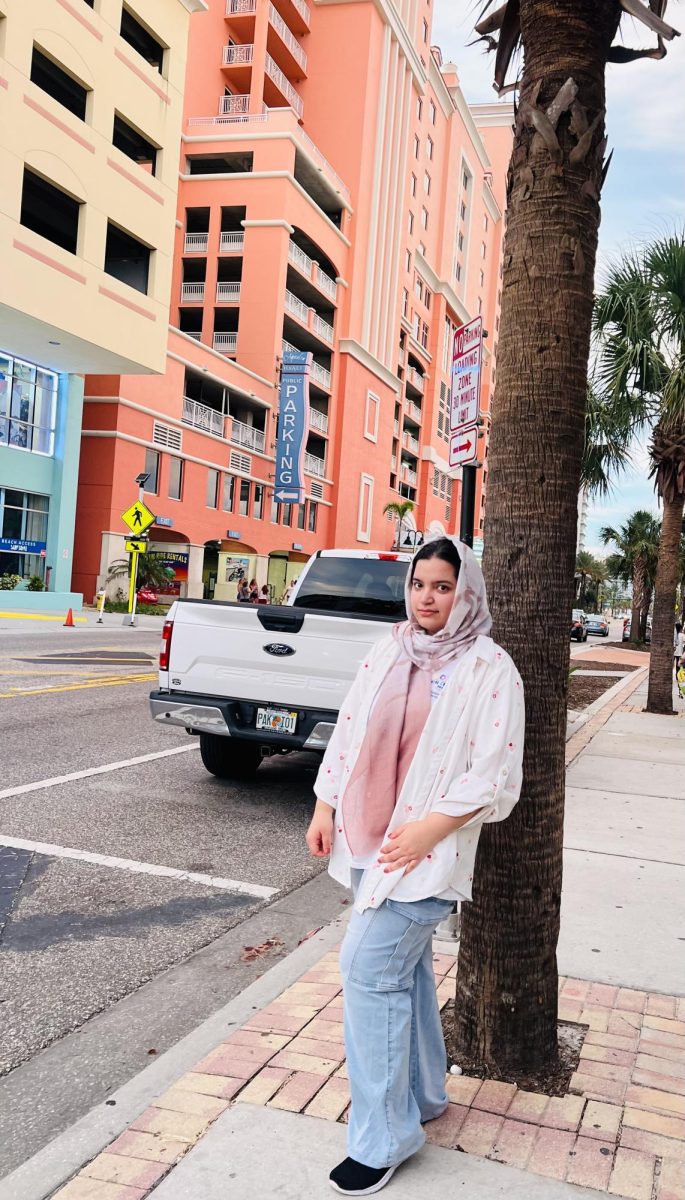
The new chief of AISD police, Ashley Gonzalez is trying to tackle the topic of mental health by hiring a police officer dedicated to dealing specifically with mental health. Right now, according to the district, this is the only district police officer out of 84 dedicated entirely to mental health.
“Most SRO’s are also certified Mental Health Officers to provide emergency mental health assessments,” Gonzalez said.
In the stressful environment we live in, however, the police should not be the first and only choice to facilitate mental health on AISD campuses. Therapy and counseling are other options, and can be more effective than law enforcement. Police officers can be perceived as scary and imposing, even if they aren’t. A therapist or counselor can be more approachable than someone whose job occupation is to enforce the law and capture criminals, making it a more appealing option for students who are struggling to come to them.
This year alone, there were two mass school shootings in the United States. The shootings at Santa Fe High School near Galveston and before that Marjory Stoneman Douglas High School in Parkland, Fla., are more complicated than one single cause, but they make it impossible to ignore the need to more effective school programs to monitor and promote mental health care.
This year almost half of AISD’s school mental health clinics were shut down because of lack of funding. The district has partnered up with Seton through Integral Care to provide mental health services, receiving funds to pay for mental health services, but not enough to keep them open long-term. Although these measures are well-meaning, we need more ambitious changes if we want improvement. If the local and state governments had provided more attention and funding to mental health for all, we would have more successful and enthusiastic students. This funding could be used to open more school mental health clinics and pay for therapists, taking the burden off of academic counselors to have to care for students’ mental health despite other responsibilities.
The need for mental health care is especially important for teens and preteens, because high school years are a time full of hormones, stress and peer pressure, which can make existing problems even worse. These factors can contribute to anxiety, depression and other mental health issues. Many do not have the luxury of time and money for therapy, which makes school programs that offer counseling essential. Lower-income communities suffer from higher rates of addiction, lower grades in school and higher dropout rates. This is why help should be available to all: not just those who can afford it. Free and reduced lunches are available to those who need it, and if the government can prioritize that, then mental health care should also be provided for those whose job it is for the district to care for and protect.






